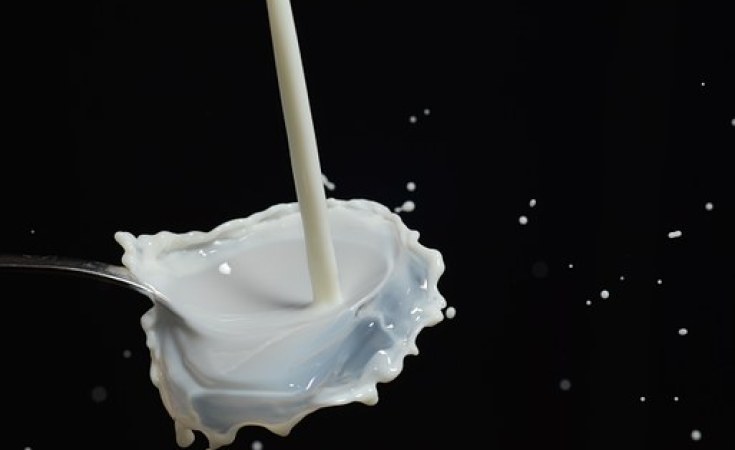NAFDAC said unlike Cerelac, Nido, the follow-up milk formula by Nestle, was not registered in Nigeria and is not in the country's market.
The National Agency for Food and Drug Administration and Control (NAFDAC) has said the infant formulas by Nestle, a multinational food and beverage company in Nigeria, are safe for consumption.
This was contained in a statement issued on Wednesday and shared with PREMIUM TIMES by the agency's Director General, Moji Adeyeye, a professor.
In the statement, the regulatory body said products supplied by the company are often evaluated before distribution to any part of the country.
This statement is in response to PREMIUM TIMES' earlier inquiry into the development.
Backstory
An investigation, carried out by Public Eye, a Swiss investigative organisation, in collaboration with the International Baby Food Action Network, a coalition focused on improving maternal and infant health, revealed that the company added sugar and honey to infant milk and cereal products sold to Nigeria and other countries.
According to the report, samples of Nestle's baby food products sold in Asia, Africa, and Latin America were sent to Belgium for laboratory testing.
It found traces of sugar, such as sucrose or honey, in samples of Cerelac, a cereal for children between six months and two years old, and Nido, a follow-up milk formula brand intended for infants at least one-year-old.
However, NAFDAC, responding to this, said, "The management of NAFDAC wishes to use this medium to reassure the public that the agency exercises due regulatory diligence in the registration of infant and young children foods distributed and used in Nigeria in line with relevant international food standards".
Nido not in Nigeria
NAFDAC said unlike Cerelac, Nido, the follow-up milk formula by Nestle, was not registered in Nigeria and is not in the country's market.
The regulatory body said: "The mention of Nido follow-up milk formula in the publication, NAFDAC wishes to state that the product is not registered in Nigeria, is not known to the Agency, and is not in circulation in Nigeria.
"The range of Nestle Cerelac infant cereals distributed in Nigeria are duly registered with NAFDAC.
"This is applicable to all categories of infant and young children foods distributed by manufacturers, importers, and marketers of infant and young children foods operating within Nigeria."
NAFDAC noted that adequate, optimal nutrition during infancy and early childhood is essential to ensure the growth, health, and development of children to their full potential.
"NAFDAC in recognition of the vulnerability of the target population, measures are in place to monitor and enforce compliance with the national and international regulations," the statement further reads in part.
Nestle Nigeria also denies
Meanwhile, Nestle Nigeria, a subsidiary of Nestle, had also earlier reacted to this publication.
In its statement, the company denied adding sugar to its products sold in Nigeria, insisting it is not violating the global guidelines for infant formulas.
The subsidiary argued that it complies with global requirements on sugar usage and supplies quality products worldwide.
The company insisted that its principles are aligned with both international and local guidelines.
It argued that baby formulas in Nigeria for children 0-12 do not add sugar content.
The agency said: "In Nigeria, our Growing Up Milk has no added sugars.
"Our milk and cereals for young children are fortified with vitamins and minerals such as iron to help tackle malnutrition".


